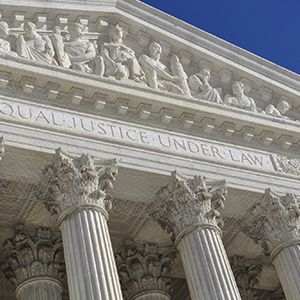When you get divorced, you’ll likely benefit from identifying your marital assets and your separate assets. As a general rule, marital assets are those acquired during the marriage, while separate assets are those that were acquired independently. Separate assets are not generally part of a couple’s marital estate and, therefore, aren’t generally subject to division in a divorce.
That being said, there are some exceptions to this general rule. For example, courts will often look at an inheritance as a separate asset, even if it was given to an individual after they got married. The idea here is that it is still a direct gift to that specific individual, not a gift given to the couple. But something that the couple buys together is a marital asset because they are both equally invested in it. They both own a family home or a car. Property like this must be divided in the event of a contested divorce process.
Mixing those assets together
Commingling is the process of mixing the assets that you own together, potentially changing the category into which they fit. This can significantly alter how they are divided in a divorce. To use an inheritance as an example, one person may set the inheritance aside in a personal bank account. Their spouse never touches it, never uses it and never considers it to be theirs. When that couple gets divorced, that person simply keeps their own bank account with their inheritance still inside and divides their other assets.
Another person, however, puts their inheritance in a joint bank account that they share with their spouse. Over the next few years, they use the money to pay the bills or buy shared assets – like the home or car noted above. When that couple gets divorced, the inheritance has effectively been commingled with all of the other marital assets, and everything will likely need to be divided accordingly. While the spouse gifted the inheritance may be able to argue that they deserve a greater share of a certain asset, they likely can no longer claim that comingled property should belong only to them unless a prenuptial or postnuptial agreement preserved their right to property purchased with their inheritance.
What should you do?
If you’re worried about commingling, keeping assets apart is an important effort to make. It may also be beneficial to set up paperwork distinctly demonstrating who owns which asset. An example could be creating a prenuptial agreement that defines the inheritance as an asset owned by one person or the other, excluding it from property division no matter where it is stored or how it is used. At the end of the day, it’s quite important for couples to know about all of their legal options, as marriage is a legal institution, in addition to an emotional and social one.



